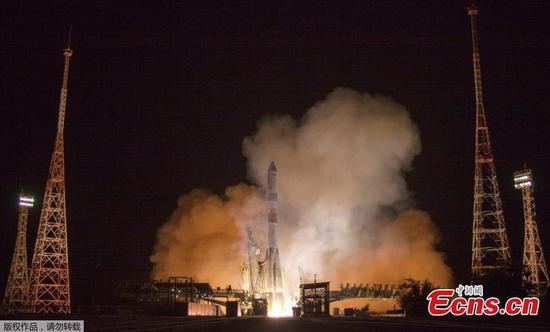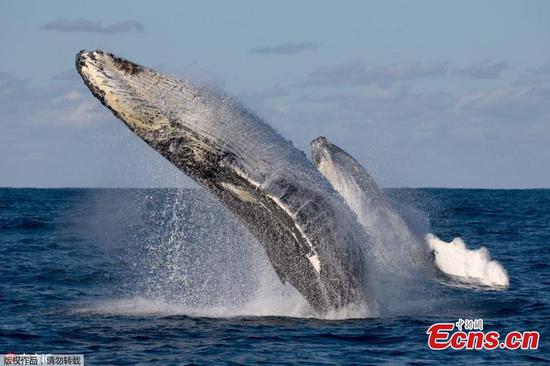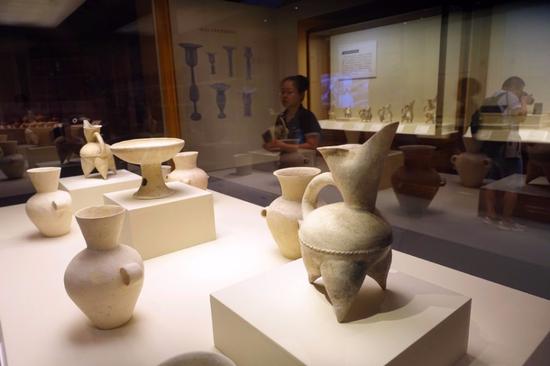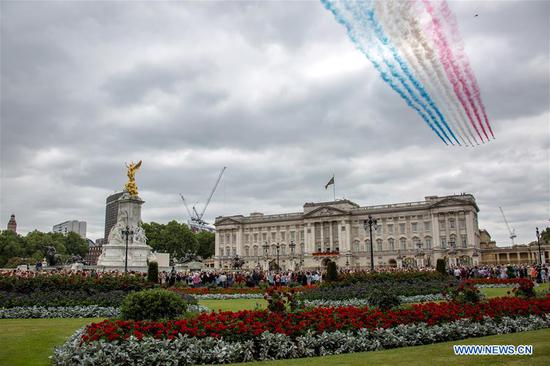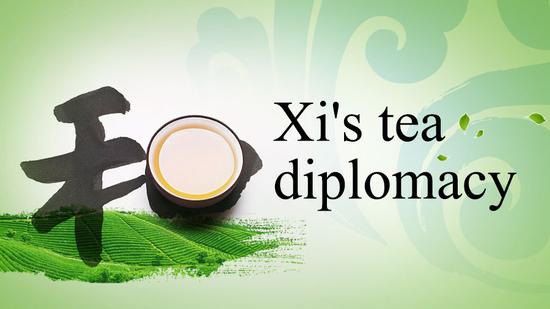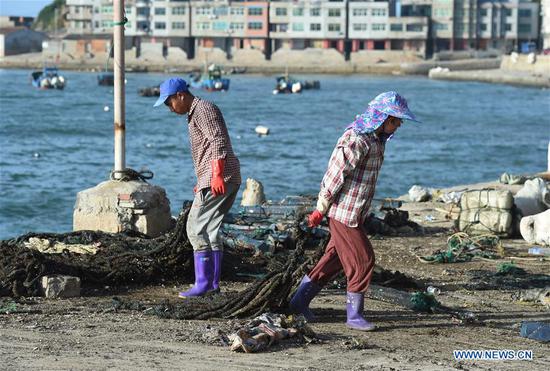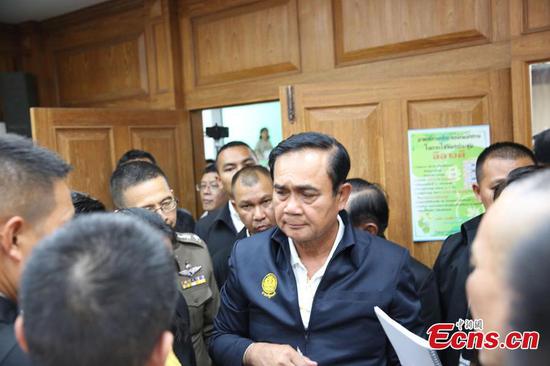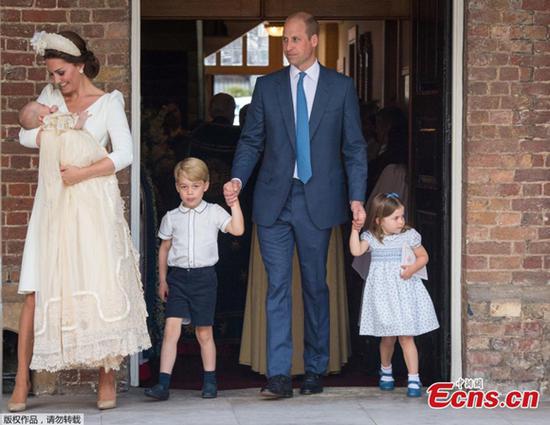Donald Trump will not leave room for sentiment in discussions with one of the United States' oldest allies when he begins his first visit to the United Kingdom as U.S. president on Thursday.
The term "special relationship" was coined in 1946 by former UK prime minister Winston Churchill as the Cold War began, and the two nations share many interests and values-an understanding that has served both well, especially in terms of intelligence sharing.
"Trump is pragmatic and can be expected to place emphasis on the commercial and financial aspects of the relationship," said Clifford A. Kiracofe, former senior professional staff member of the U.S. Senate Committee on Foreign Relations.
Kiracofe emphasized that trade relations with the UK are a priority for Trump, adding that "this can tie into the UK searching worldwide for different post-Brexit market relationships.
"British investments in the U.S. are always welcomed, and no doubt Trump will welcome more direct investment," Kiracofe said.
Alan Barrell, a professor and entrepreneur-in-residence at the University of Cambridge, said UK-U.S. trade relations are more important as Brexit nears.
"It's hoped that an all-out trade war can be avoided, as the UK wants to grow exports generally to the U.S. and attract U.S. investment to the UK's industry and infrastructure," he said.
Jan Dehn, head of research at Ashmore Investment Management, said he expects British companies to be cautious. "UK investors will hold back on investment for two reasons: First, Trump himself is very unpredictable; and second, the UK outlook is highly uncertain due to Brexit," he said.
"I think Trump will try to encourage Brexit. He sees this as being in the U.S.' interest, because a divided Europe will be much weaker versus the U.S.."
Christopher Bovis, professor of international business law at the University of Hull, said he believes neither side will overplay the "special relationship" element, as the visit takes place amid trade friction between the U.S., China and the European Union.
"A range of interests will be discussed with Theresa May, including the role and commitment of the UK to international peacekeeping missions, the UK's commitment to military equipment spending, trade relations-including the latest imposition of U.S. tariffs on EU products and the potential impact of such trade barriers on UK businesses-and forthcoming trade and commercial relations between the U.S. and UK post-Brexit," Bovis said.












